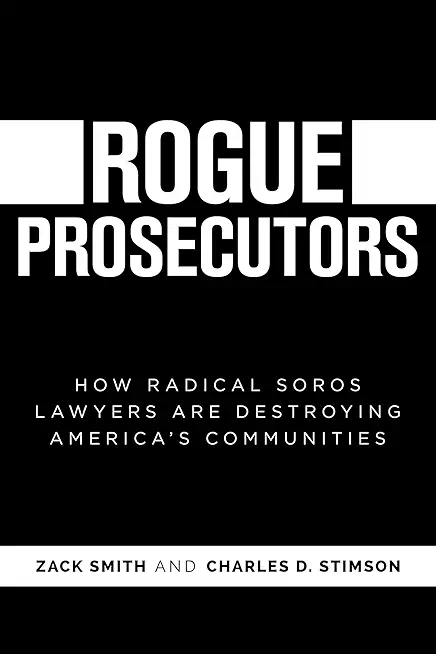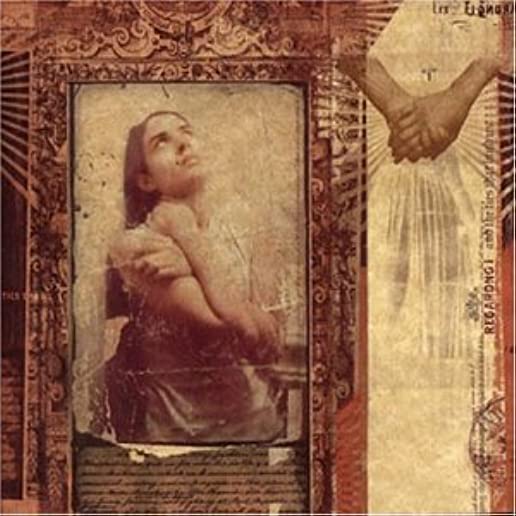
Smith, Zack
product information
description
ates the "progressive prosecutor" movement, exposing the frightening results of silencing victims and empowering criminals. Rogue Prosecutors explains the origins, beliefs, playbook, funding, and real-life consequences of the "progressive prosecutor" movement--a group of newly elected prosecutors, their allies, and backers that refuse to prosecute crimes, hold criminals accountable, and seek justice for victims. Told through true crime stories from eight different cities, the authors explore how a radical movement funded and conceived by George Soros--and ostensibly designed to "reverse engineer" the criminal justice system as we know it--has succeeded in replacing law and order prosecutors with pro-criminal, anti-victim zealots. Weaving together extensive interviews with victims, law enforcement officers, lawyers, and judges, Rogue Prosecutors offers a searing portrait of the devastation caused by the policies of these hand-picked activists, how their hands-off approach to prosecution has encouraged lawlessness and eviscerated the relationship with law enforcement, and why minorities have suffered the most in cities with "progressive prosecutors." In story after story, the authors underscore that justice and public safety require prosecutors to hold all criminals accountable, and that the best choice for district attorney is not necessarily based on partisan politics, but between those who believe in law and order and those who don't.
member goods
No member items were found under this heading.
Return Policy
All sales are final
Shipping
No special shipping considerations available.
Shipping fees determined at checkout.







